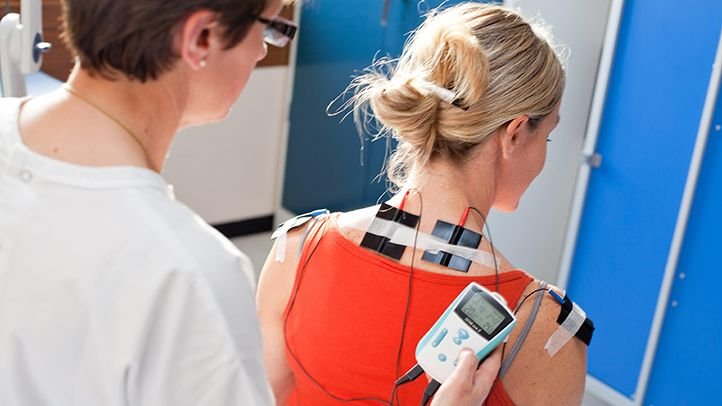Receiving a diagnosis of Primary-Progressive Multiple Sclerosis (PPMS) can be overwhelming and challenging. However, with the right approach and a support system in place, individuals can navigate this journey with resilience and determination. In this article, we’ll discuss eight valuable tips to help you cope effectively with a PPMS diagnosis.
Understanding PPMS
Before diving into coping strategies, it’s essential to have a clear understanding of what PPMS entails. PPMS is a type of multiple sclerosis characterized by a gradual worsening of symptoms over time. Unlike other types of MS, which may have periods of remission, PPMS tends to exhibit a steady progression of symptoms without distinct relapses.
Tip 1: Educate Yourself
Knowledge is power when it comes to managing PPMS. Take the time to learn about the condition, its symptoms, treatment options, and potential challenges. Reliable sources such as medical websites, books, and support groups can provide you with valuable insights to make informed decisions about your health.
Tip 2: Build a Support Network
Facing PPMS alone can be isolating. Reach out to friends, family members, and support groups to build a network of individuals who understand your journey. Sharing experiences, emotions, and advice can make a significant difference in how you cope with the diagnosis.
Tip 3: Collaborate with Medical Professionals
Working closely with healthcare professionals, including neurologists and physical therapists, is crucial for managing PPMS effectively. Regular appointments, check-ups, and following prescribed treatment plans can help slow down the progression of the disease and improve your quality of life.
Tip 4: Prioritize Mental Health
Coping with a chronic illness involves both physical and emotional challenges. Don’t hesitate to seek the support of mental health professionals who can help you navigate feelings of anxiety, depression, and stress that may accompany a PPMS diagnosis.
Tip 5: Embrace a Healthy Lifestyle
Maintaining a healthy lifestyle can contribute to managing PPMS symptoms. Engage in regular exercise, follow a balanced diet rich in nutrients, and prioritize adequate sleep. Small lifestyle changes can have a positive impact on your overall well-being.
Tip 6: Adapt Your Environment
As PPMS progresses, certain tasks may become more challenging. Make modifications to your living space to accommodate your changing needs. Installing handrails, ramps, and other assistive devices can promote independence and safety.
Tip 7: Set Realistic Goals
While living with PPMS may require adjustments, it doesn’t mean you have to give up on your dreams and goals. Set achievable objectives that align with your current abilities, and celebrate your successes along the way.
Tip 8: Stay Positive
Maintaining a positive outlook can greatly influence your experience with PPMS. Surround yourself with uplifting people, engage in activities you enjoy, and practice mindfulness techniques to stay present and focused on the good aspects of life.
Conclusion
Receiving a diagnosis of Primary-Progressive Multiple Sclerosis is undoubtedly a life-altering event, but it’s important to remember that you are not alone in this journey. By educating yourself, seeking support, collaborating with medical professionals, prioritizing mental and physical health, adapting your environment, setting goals, and maintaining a positive mindset, you can effectively cope with PPMS and lead a fulfilling life.








